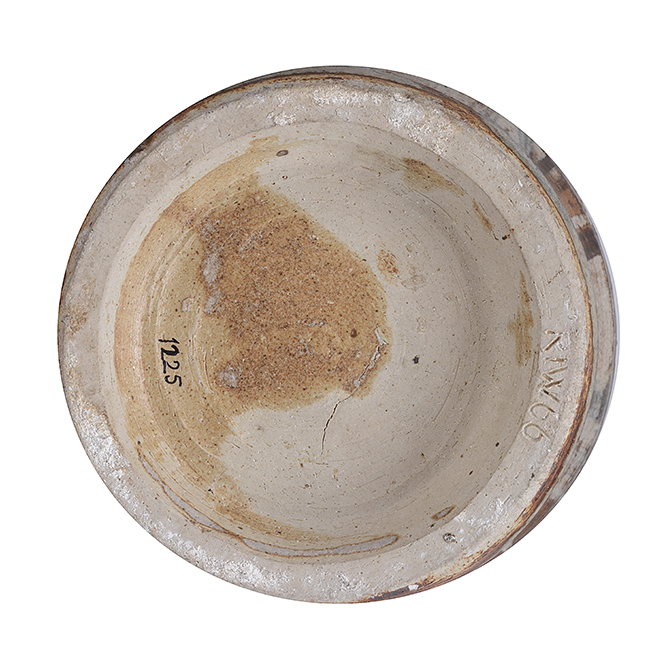Robert J. Washington, born 1913, was renowned for his inventive approach to both his craft and his teaching methods. Born in south-east London, Washington displayed early artistic promise, initially studying painting at Goldsmiths' College before transitioning to the pottery department at the Royal College of Art.
Under the mentorship of William Staite Murray, a leading figure in British pottery, Washington flourished. Murray's emphasis on the fine art status of pottery resonated deeply with Washington, inspiring him to imbue his ceramic creations with artistic integrity.
Washington's teaching career was marked by dedication and innovation. Despite wartime interruptions, including service in hydraulics during World War II, he maintained his commitment to ceramics education. His tenure as principal at Dewsbury and Margate schools of art showcased his leadership abilities and passion for nurturing artistic talent.
Throughout his nomadic life, Washington continued to balance teaching with his own artistic pursuits. His studio practice, influenced by Murray's teachings but imbued with his own unique vision, garnered attention for its expressive forms and intricate surface treatments.
Retirement in 1979 marked a renaissance in Washington's ceramic work. Embracing new developments in the field, he explored innovative techniques and forms, earning recognition for his tall, thrown bottle forms infused with anthropomorphic elements.



